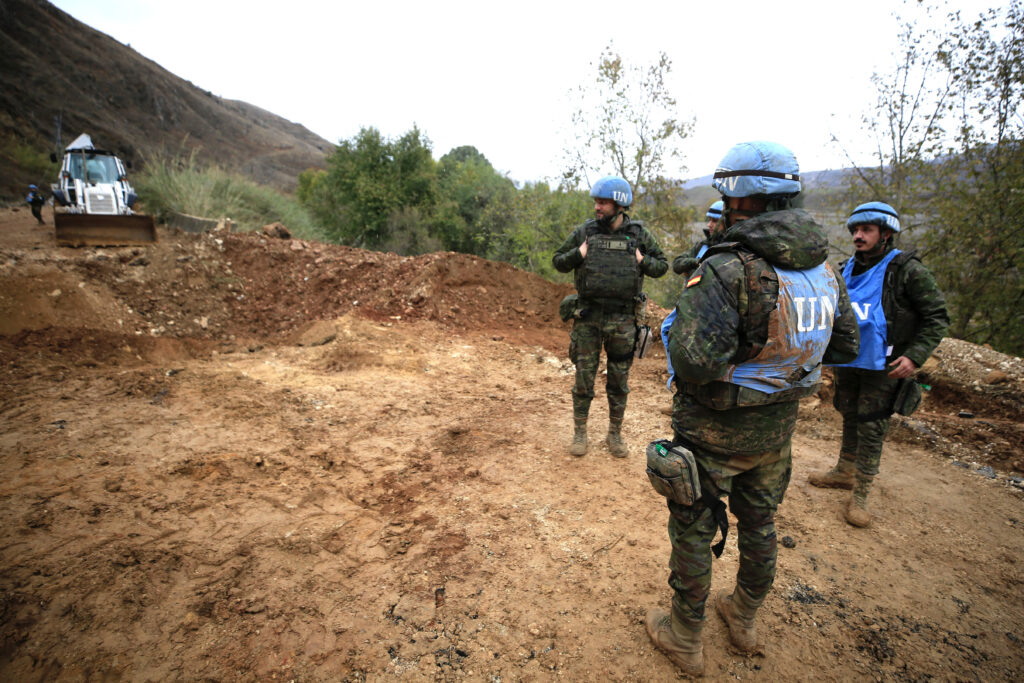Brussels – After more than two years of political vacuum, a new president has finally been elected in Cedar Country. He is the Commander-in-Chief of the Armed Forces Joseph Aoun, who was sworn in today (Jan. 9) by deputies in Beirut after twelve unsuccessful attempts.
The post had remained vacant since October 2022, when the term of the previous head of state, Michel Aoun (there are no family ties between the two), expired. The Lebanese parliament had tried twelve times to appoint a successor but only today managed to elect the army chief. The consensus came on the second ballot.
In his acceptance speech, the newly elected president promised improved diplomatic relations “eastward and westward” and to “rebuild what Israeli aggression has destroyed throughout Lebanon” as well as to increase investment in the national military forces, which, despite being trained by the U.S. military, are unable to maintain the legitimate monopoly of force in the country.
Sixty years old, Aoun joined the army in 1983. His election at least partially unlocks the deep political paralysis into which Lebanon has plunged for several years: without a stable government, with a collapsing economy and riven by the war with Israel, which has repeatedly attacked various areas of its neighbour and invaded a portion of it, to the south, only to withdraw under a precarious ceasefire stipulated in late November.

Now, the new head of state will have to appoint a prime minister in place of the current one, who is in interim office, and establish a stable executive. However, it will not be an easy process because the formation of the government must be agreed upon with Parliament.
The Parliament’s difficulties in identifying a new president of the Republic are due to the deep fragmentation of the hemicycle, which is split not only between groups representing various minorities and religious denominations but especially between factions for and against Hezbollah, the pro-Iranian Shiite militia that has de facto replaced the Lebanese army and has a decisive political grip on the parliament and government in Beirut.
However, it was precisely the weakening of the Party of God due to the war with Tel Aviv, combined with strong international pressure, especially from the United States and Saudi Arabia, that paved the way for Joseph Aoun’s cross-party endorsement. Thus, Hezbollah candidate Suleiman Frangieh withdrew earlier this week and endorsed Aoun, a Maronite Christian.
To elect the president of the republic, there must be a two-thirds majority in parliament on the first ballot (86 votes out of 128 total seats), while from the second, a simple majority (65 “yes” votes) is sufficient. Aoun got 71 support in the first round and 99 in the second.
Congratulations came later in the day from two EU heavyweights. Commission Chairwoman Ursula von der Leyen, still indisposed by an acute pneumonia that forced her to postpone all institutional engagements, hailed Aoun’s appointment as “a moment of hope for the Lebanese, who have been able to come together to plot a course and build a better future,” and wished the start of a period of newfound political stability for the battered Levantine country.
Congratulations to Joseph Aoun on his election as President of Lebanon.
A moment of hope for the Lebanese, who have come together to chart a course and build a better future.
The way is now open for stability and reform. Europe supports this path.
– Ursula von der Leyen (@vonderleyen) January 9, 2025
The High Representative for Foreign Policy, Kaja Kallas, stressed that Brussels now expects “the rapid formation of a government capable of implementing a reform-oriented program.”
English version by the Translation Service of Withub






